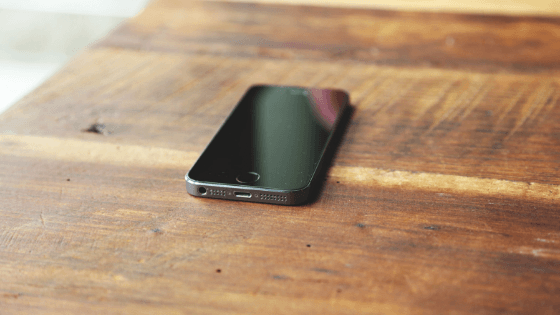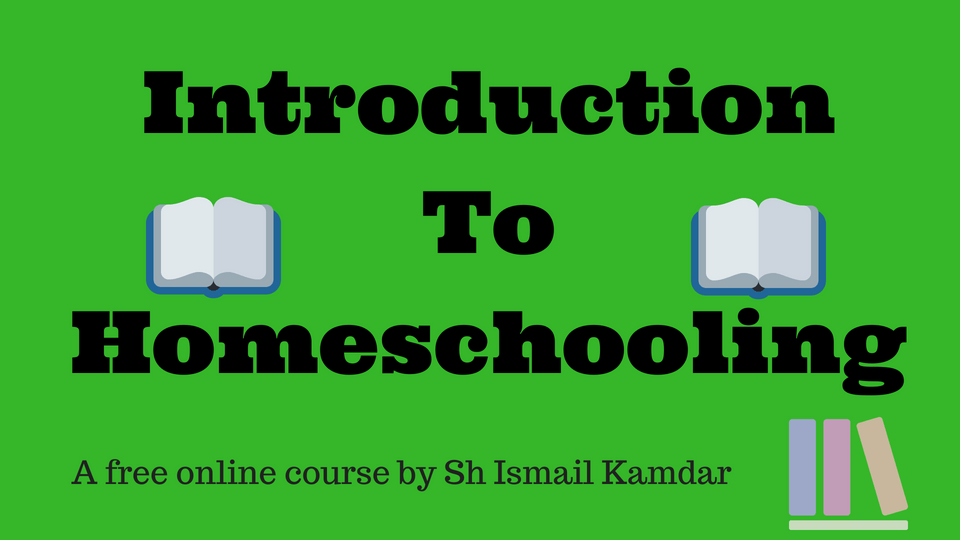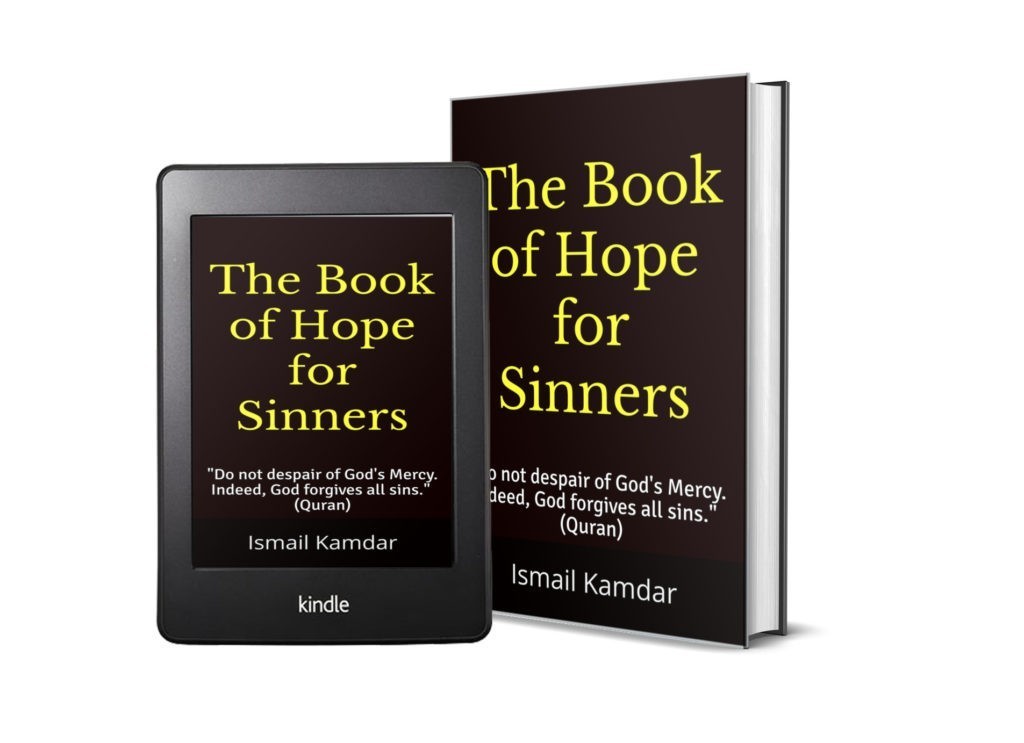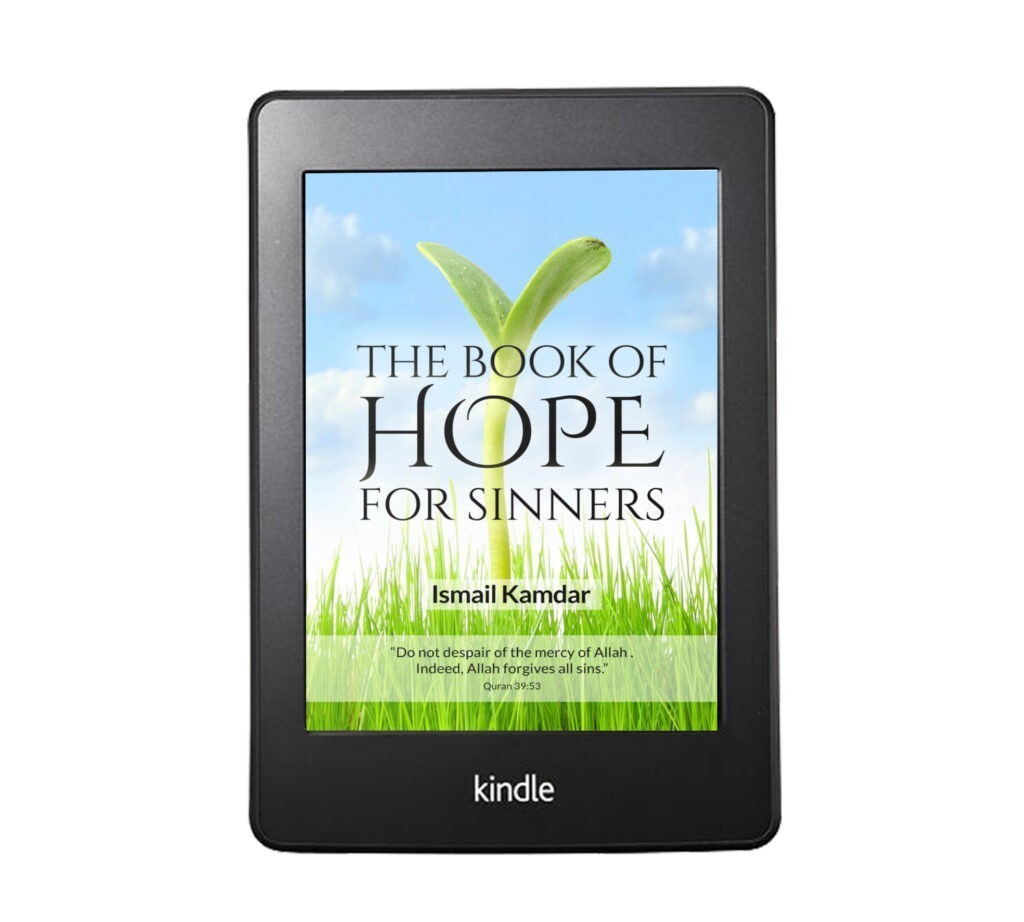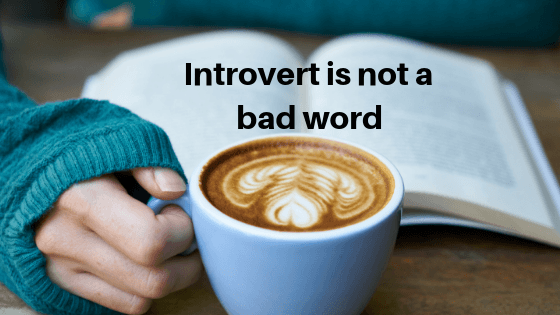
This is an introduction to a book I am currently writing about introverts and hope to publish later this year. I will shape the book according to the reactions to this article, so please feel free to comment.
A confusing childhood
“You don’t want to be an introvert when you grow up,” my teacher told me, while driving me home from classes. He was lecturing me on the fact that I was too quiet and did not talk much. It was the first time I heard the word ‘introvert’ and based on the context, it sounded like something really bad.
Growing up as an introvert in a culture that values extroversion was not easy. On one hand, teachers would praise me for paying attention, working hard and having really creative ideas. On the other hand, people assumed I was immature because I didn’t talk much, and would consistently lecture me on being more social.
I grew up very confused and hating the fact that I was naturally a quite thinker who enjoyed alone time. I thought I was strange and abnormal, and wished I could be more like everybody else. This really dampened my self-confidence and forced me to behave in unnatural ways in order to fit in.
But ‘introvert’ is not a bad word
It would only be in my late twenties that I would discover that ‘introvert’ was not a bad word at all. I began to study psychology and learned that one-third of humanity is introverted, including many successful people throughout history. (Elon Musk, Bill Gates, Nelson Mandela, Ghandi to name a few.)
This completely changed my perspective. I discovered that the word ‘introvert’ didn’t refer to anything bad. It simply defined one thing: how do you recharge and energize yourself.
You see, people are of three types. One third of people are extroverts i.e. they gain energy from being around people, and get drained when they are alone. One third of people are introverts i.e. they gain energy from alone time and get drained in social settings. And in between are the ambiverts, who thrive in both settings.
That’s all it is. A word that defines what energizes you. So why does society treat introversion as a bad thing? It simply a matter of people not understanding that humans have different natures, and that they can’t force everybody to be the same.
Embracing one’s introversion
Once I discovered that being an introvert is not a bad thing, my confidence grew. I understood myself better, and I began to live a happier life.
One book that really made a difference in helping me understand this topic is ‘Quiet: The Power Of Introverts in a world that can’t stop talking‘ by Susan Cain. If you are struggling in understanding this topic, I highly recommend buying and reading this amazing book.
Over the next few years, I learned that the reason I often feel so drained is because I need alone time to recharge, and that I thrive best in situations that involve few people or being alone. I learned to embrace this and shape my careers accordingly.
This has led to me excelling as an author (which requires me being alone for many hours) and finding balance in my social life (by taking some alone time whenever I feel drained). Which led to me living a happier healthier life.
These days I enjoy my mornings alone with a cup of coffee typing away on my PC. I excel at various jobs and businesses that allow me to work from home on my own.
While at the same time, I meet up with a friend or two for coffee once a week to enjoy some quality conversation. (Hint: Introverts don’t hate socializing, they prefer smaller crowds and deeper conversations.)
All in all, studying this aspect of psychology has helped me tremendously, but also led to some regrets.
What I Regret
I often look back and wish I had learned all this earlier. I wish when I was a child someone had told me there is nothing wrong with being a quiet person. I wish people showed me how introverts like Ghandi, Mandela, and many others excelled in life because they were introverts.
This is why I decided I need to help younger people have a better experience than me. If I knew all of these things when I was younger, I would been happier, found my calling earlier, and would have been able to excel at a younger age.
For this reason, I want to make this the topic of my next book. I want to help a younger generation of Muslim introverts find balance in their lives. To help them deal with the unique challenges that introverted Muslims face, and to help them embrace the unique advantages that Muslim introverts have.
Challenges of being a Muslim introvert
I’ll summarize this in list form for now, and explain it in more details in the book in shaa Allah, as well as suggest ways to overcome these obstacles:
- Social anxiety getting in the way of Dawah
- Difficulty enjoying congregational activities
- Cultural expectations from elders that make one feel bad about oneself
- Being overly sensitive to what others say about us
Unique advantages of being a Muslim introvert
Same as above, I’ll summarize this in list form for now, and explain it in more details in the book in shaa Allah:
- Acts of worship done alone are easier to concentrate on (like Zikr, Qiyam Al-Layl, and reciting Quran)
- Tend to excel at writing and creativity
- Tend to read more, so usually consume more books
- Very easy to avoid social sins because we hate parties and clubs by nature
- Easier to avoid gossip, backbiting, etc. because we talk less
Your turn to talk
This short article was just an introduction so that I can get my idea out there and observe the feedback. Based on that feedback, I will shape the content of my upcoming book.
So please let me know your thoughts on this topic. Is it one worth pursuing in details? Do you think I am focusing on something not important at all? Would you read a book on this topic and find it beneficial? Let me know in the comments below.
